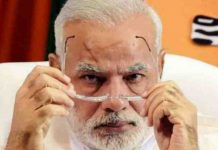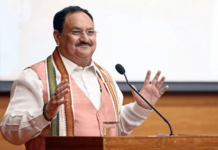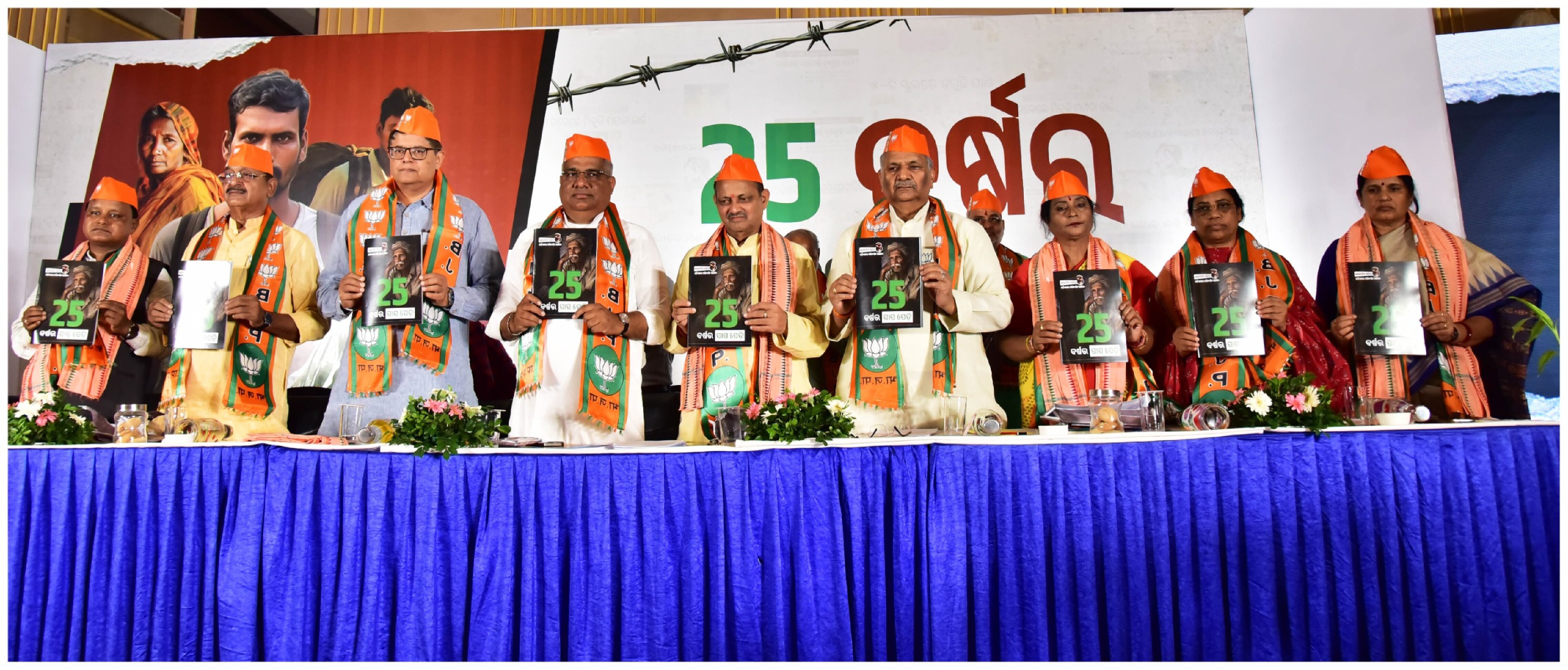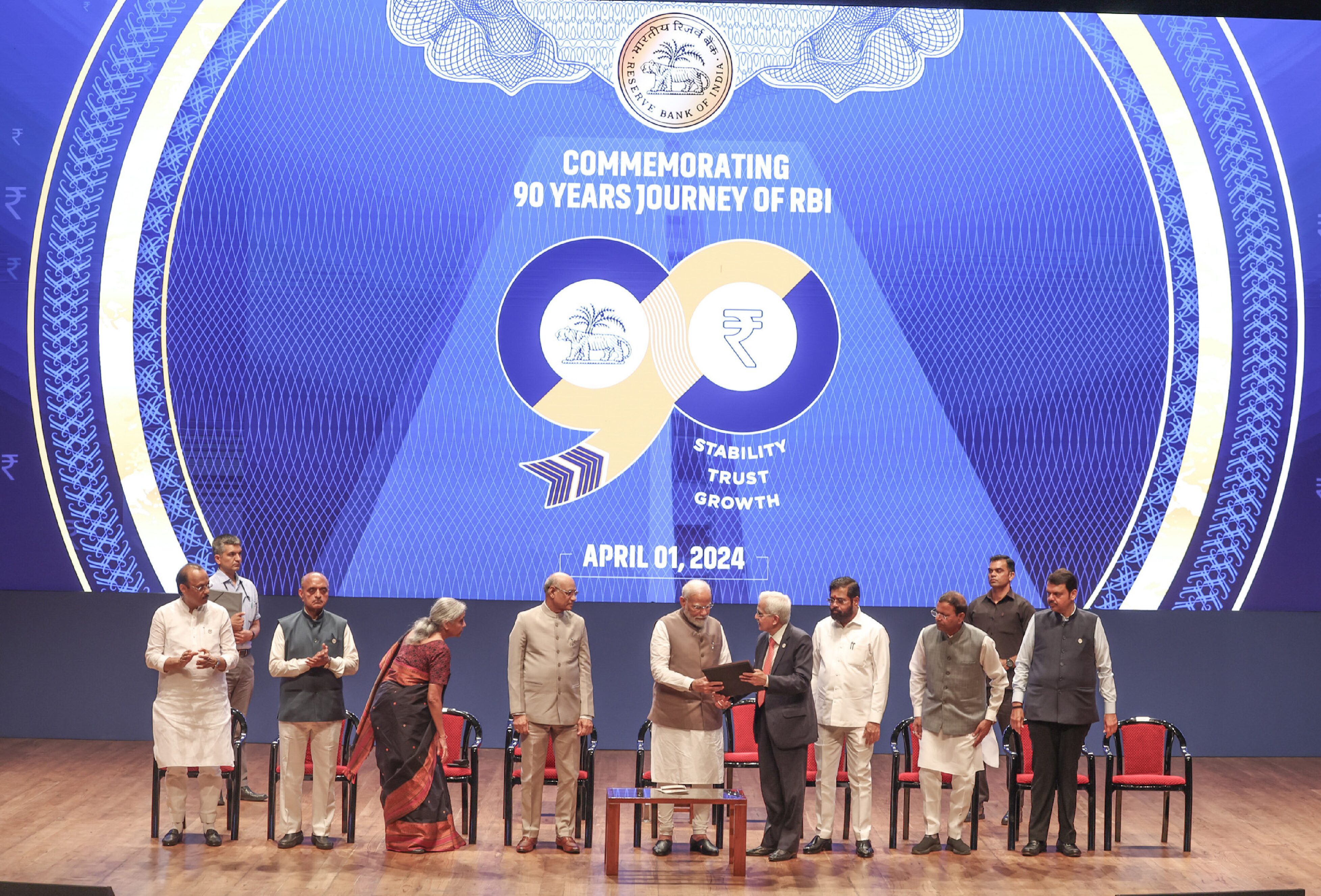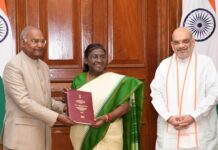This election is as important for the BJP as it is for the opposition. While a third straight term as Prime Minister for Modi would be a new record for a non-Congress party, the opposition needs a victory to resuscitate itself.
World’s biggest democracy is voting. Voting has already taken place in two phases with Prime Minister Narendra Modi and his rivals raising the pitch of the campaign by focusing on highly sensitive issues such as religious discrimination and the use of EVMs. Almost one billion people are eligible to vote in the seven-phase general elections that began on April 19. The process will conclude on June 1, Ballots will be counted on June 4.
Stakes are high both for Modi and his party and the opposition trying to project a united face as the INDIA alliance. Modi is seeking a record-equaling third straight term on the back of his economic record, welfare measures and issues like national pride, Hindu nationalism. His personal popularity remains high with surveys suggesting that he would get a comfortable majority.
His challengers have formed an alliance of more than two dozen parties. They are promising greater affirmative action, more handouts and an end to what they call Modi’s autocratic rule. A total of 88 Lok Sabha seats went to the polls in the second phase with 160 million people eligible to vote across 13 states and federal territories.
More than half of the seats in the second round were in the southern states of Kerala and Karnataka and the north-western state of Rajasthan where the BJP unseated the Congress in the state elections a few months ago.
The campaign has been extremely heated since the first phase of voting with Modi and the main opposition Congress party facing off on communal issues. Prime Minister Modi has accused Congress of trying to appease minority Muslims and planning to impose an inheritance tax. Congress, the biggest constituent of the INDIA alliance, has denied the charges and said Modi fears losing and using divisive language to distract voters from real issues such as unemployment, the price rise and rural distress.
Rahul Gandhi, former Congress president and the face of the party, who is contesting from Wayanad in Kerala, is clear that this election is not a regular election. “This election is not a regular election…because for the first time in the history of India, one party and one person is trying to finish the constitution and democracy of India,” he said at an election rally. In 2019, Gandhi defeated the CPI candidate by more than 400,000 votes, the highest margin in Kerala, although he lost his second seat to BJP in the family bastion of Amethi in Uttar Pradesh.
Congress was swept out of power by BJP in 2014 and won its second-lowest number of 52 seats in 2019, with Kerala contributing the highest tally of 15. The party is expected to do better in Karnataka this year where it won just one of 28 seats in 2019 but gained strength and defeated BJP in state elections last year.
However, the party is still struggling nationally as there are severe differences within the opposition alliance it leads on issues of strategy. Now the opposition has been dealt another blow with the Supreme Court declining to order any change to the vote-counting process, rejecting petitions seeking a return to the ballot system or to tally all slips generated as proof of voting via electronic machines.
The BJP has upped the ante by raising several other hot-button issues on which its leaders are campaigning across the country. This election is as important for them as it is for the opposition. While a third straight term as Prime Minister for Modi would be a new record for a non-Congress party, the opposition needs a victory to resuscitate itself.







